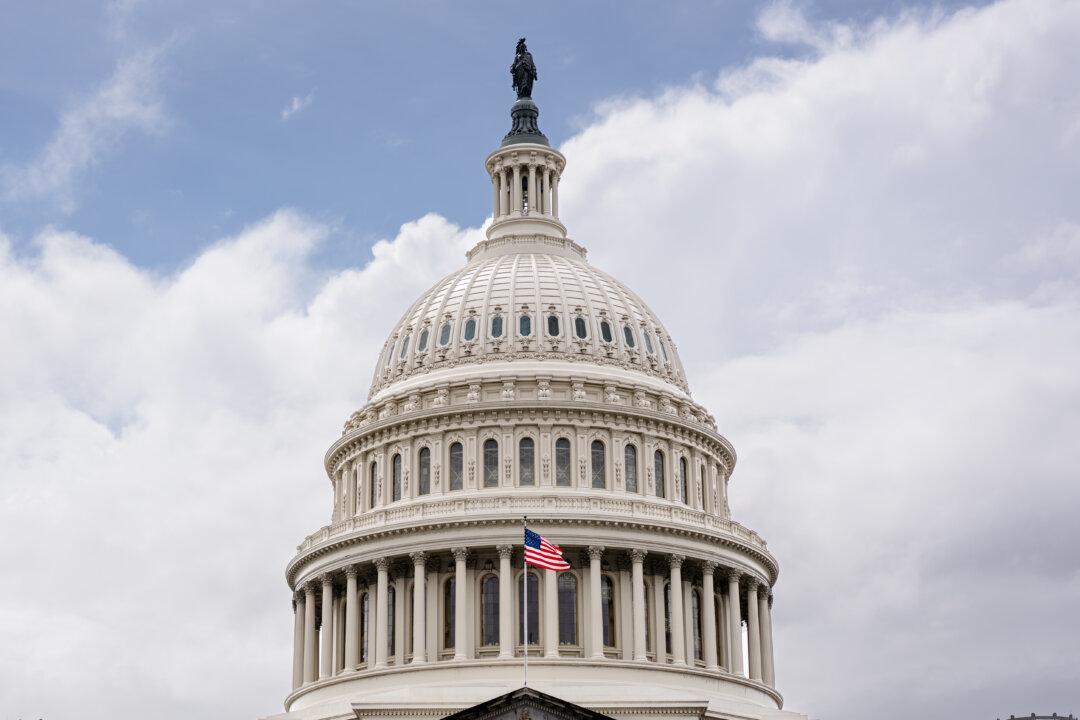The House Ways and Means Committee released on Monday its text of the tax portion of the reconciliation bill, the GOP is looking to pass to enact key parts of President Donald Trump’s agenda.
It would make the 2017 income tax cuts permanent, increase the child tax credit, and have no taxes on tips or overtime. The changes resulted in several bands of tax brackets of between 10 percent and 37 percent, with most people’s taxes lowered.





